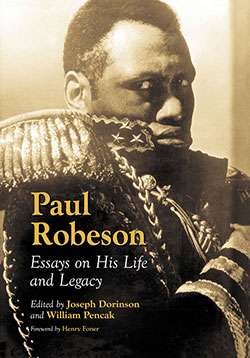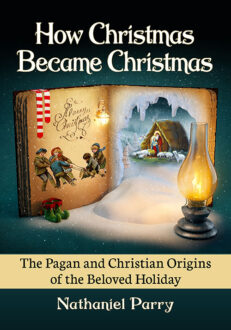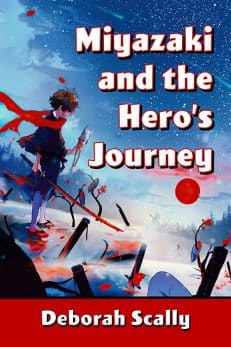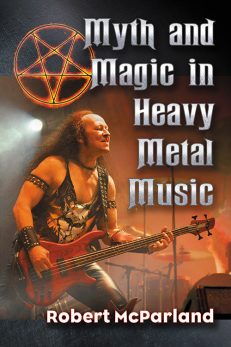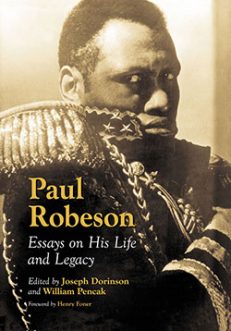Paul Robeson
Essays on His Life and Legacy
$39.95
In stock
About the Book
Paul Robeson was born April 9, 1898, in Princeton, New Jersey, the son of an escaped slave. He rose to unparalleled heights as an athlete, actor, singer, and activist, and was arguably the most prominent African American from the 1920s through the 1950s. This work is a compilation of 18 essays written by scholars and activists that were presented at a one-day conference held at Long Island University’s Brooklyn campus on February 28, 1998, to honor Robeson’s life and legacy. The essays discuss his significance as a singer, his political activism, his efforts to achieve solidarity between African Americans and Jews, the important role played by his wife, Eslanda Goode Robeson, in his struggles, his founding of the Freedom newspaper during the Korean War, his contemporary relevance, and the way conservative Americans turned against him, refused to discuss him in the press, and tried to silence his voice.
Instructors considering this book for use in a course may request an examination copy here.
About the Author(s)
Bibliographic Details
Edited by Joseph Dorinson and William Pencak
Foreword by Henry Foner
Format: softcover (7 x 10)
Pages: 232
Bibliographic Info: photos, notes, index
Copyright Date: 2004 [2002]
pISBN: 978-0-7864-2163-3
eISBN: 978-1-4766-0458-9
Imprint: McFarland
Table of Contents
Foreword 1
Preface 5
Introduction 7
THE EARLY YEARS Childhood, Sports, and College
African Americans: Childhood in Slavery, Childlike in Freedom…and Paul Robeson as Child and Parent 13
Paul Robeson: Rutgers Phenomenon 31
Something to Cheer About: Paul Robeson, Athlete 65
Robeson the Athlete: A Remembrance 76
The Political Struggle
A Man of His Times: Paul Robeson and the Press 81
Out of the Shadows: The Political Writings of Eslanda Goode Robeson 98
Paul Robeson and Jackie Robinson: Athletes and Activists at Armageddon 113
Paul Robeson, Peekskill, and the Red Menace 120
Remembering Peekskill, USA, 1949 130
Paul Robeson, Freedom Newspaper, and the Korean War 133
Music, Film, Theater
A Dream Betrayed: Paul Robeson and the British Film Industry 145
Paul Robeson and Classical Music 152
“A Symbol, Representing My People”: Marian Anderson’s Way, Not Opposed to Paul Robeson’s 160
“You Know Who I Am!” Paul Robeson’s Ballad for Americans and the Paradox of the Double V in American Popular Front Culture 167
When Paul Robeson Sang to Me 180
Legacies
“Americans Through Their Labor”: Paul Robeson’s Vision of Cultural and Economic Democracy 187
Paul Robeson: Icon or Hero? 194
Expanding the African-American Studies Curriculum: “Paul Robeson: An American Life” 213
Paul 219
About the Contributors 221
Index 223

